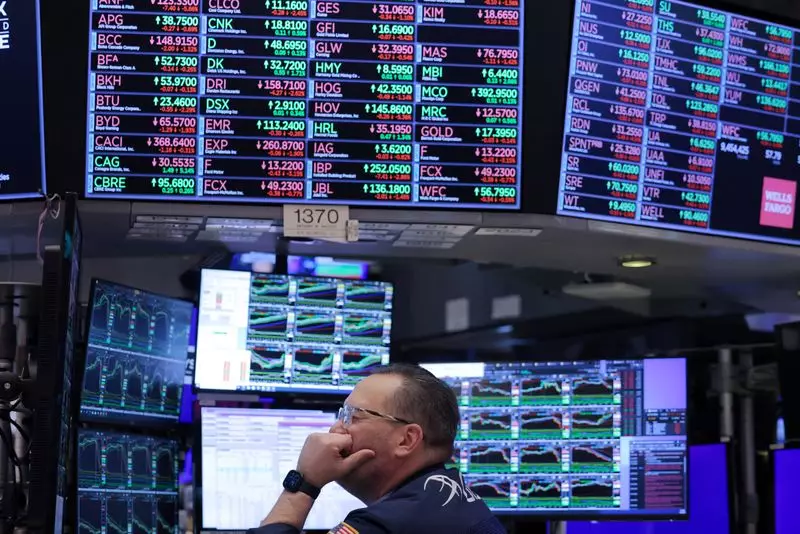The upcoming week is poised to witness significant events in the financial world, with various central banks convening policy meetings. The Federal Reserve, the Bank of England, and the Bank of Japan are all scheduled to make crucial decisions regarding interest rates and monetary policy. The Federal Reserve, in particular, is expected to maintain its benchmark interest rate at the current level of 5.25%-5.50%; however, speculations are rife about a potential rate cut in September. The recent inflation data, showing signs of cooling prices, has fueled expectations for an impending rate cut. Market participants are keenly awaiting the statement by Fed Chair Jerome Powell to decipher clues about the central bank’s future actions.
In addition to the central bank meetings, tech giants like Apple, Microsoft, Meta, and Amazon are slated to release their quarterly earnings reports. Apple’s delayed integration of artificial intelligence features in its flagship products, iPhone and iPad, has garnered attention. The unveiling of Apple Intelligence in June aimed at boosting the tech giant’s sales amid intensifying competition in the smartphone market. The delayed inclusion of AI features in the upcoming software updates indicates the company’s strategic decision to enhance the user experience gradually.
European Corporate Results Season
The European corporate results season is also in full swing, with companies like Heineken, Philips, and Pearson announcing their quarterly performances. While Heineken reported a lower-than-expected performance, the beverage giant raised its full-year profit forecast, demonstrating resilience in the face of challenges. Conversely, Philips surpassed expectations with its strong second-quarter results, attributing the success to its restructuring efforts and product innovation. Pearson, the educational publisher, witnessed a decline in pretax profit compared to the previous year but remains optimistic about meeting its annual targets.
Amidst the economic and corporate developments, the global oil market is experiencing heightened volatility due to geopolitical tensions in the Middle East. The recent rocket strike in the Israeli-occupied Golan Heights has escalated concerns about disruptions in the oil supply chain. The subsequent blame game between Israel, the US, and Iran-backed Hezbollah has further exacerbated the situation. The rising tensions in the region have sparked fears of a broader conflict, impacting crude oil prices. The escalating hostilities between Israel and Lebanon have further clouded the prospects of a ceasefire, adding a layer of uncertainty to the already volatile region.
The confluence of central bank meetings, tech companies earnings reports, European corporate performances, and geopolitical tensions in the Middle East are shaping the financial landscape in the week ahead. Investors and market observers are advised to closely monitor these developments to gauge the potential impact on stock futures and global markets. The outcomes of these events are likely to influence investment decisions and market sentiments, underscoring the interconnectedness of economic, corporate, and geopolitical factors in driving financial markets forward.

